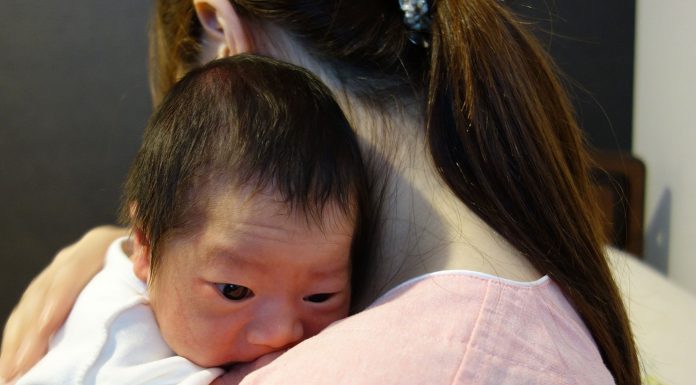In early September, the New Zealand Qualifications Authority (NZQA) released its findings into reviews of the one-year registered nurse to bachelor of nursing (RN-BN pathway) programmes offered by Waiariki Institute of Technology and the Universal College of Learning (UCOL).
The reviews followed publicity around Indian-trained nurses being declined for registration by the Nursing Council, including graduates and current students of the two programmes.
The nursing schools and students have argued that the Council had changed the goalposts in how they assessed the three-year Indian nursing diploma since November (see findings box), but the Nursing Council disagrees, saying its overall method of assessing education standards has not changed.
The NZQA review teams released two 21-page reports that closely examined the approval processes for the two individual pathway programmes and their overseas student admission processes. The findings (see box) do not find issue with the teaching quality or find that students were misinformed but do call on both institutions to introduce more “robust” and “consistent” processes for assessing overseas nursing qualifications and recognition of prior learning.
In late July, the institutions and Nursing Council announced they had agreed on additional free and short clinical assessment programmes so graduates of the RN-BN pathway could meet council registration standards.
Paul McElroy, UCOL’s chief executive, said while UCOL could take issue with the review, it was “focused on moving forward”.
“We do acknowledge that some internal processes can be improved, and UCOL has already started doing this. We have learnt from the review and will implement NZQA’s recommendations.”
Keith Ikin, Waiariki’s chief executive, said he believed the final NZQA report was as “balanced as we’re going to get”.
“We’re actually relieved that we’ve now got a report out. It’s been a long process and a fair amount of uncertainty for our students.”
Ikin said the report was “now quite historic”, the pathway no longer existed, and a lot of NZQA’s requirements had been or were being addressed by Waiariki.
Lessons learned
McElroy said it had initiated an audit into its enrolment processes, was investigating using the benchmarking tools suggested by NZQA to help verify overseas qualifications, and was now using online verifications of English language test (IELTS) results.
Ikin said it had carried out an internal audit of all systems and processes for international student recruitment and enrolment and was making a number of changes, including ensuring its overseas agents adhere to best practice, introducing extra verification of IELTS results, and a system for double-checking international students’ qualifications.
He added that he asked a gathering of about 200 overseas-trained nurses enrolled at Waiariki whether “any agent of our institution has given you any commitment or promise of registration, and not one responded ‘yes’”.
Carolyn Reed, chief executive of the Nursing Council, said the council welcomed the release of the review and hopes it will “represent closure of the matter”.
“The reviews are clear in their findings,” she said.
McElroy said the review was driven by a “nursing registration issue graduates were experiencing with Nursing Council” and he was pleased with the solution negotiated with Nursing Council for its students.
NZQA report findings on UCOL & Waiariki RN-BN pathways
• Overseas registered nurses (RNs) who completed the one-year RN-BN pathway programmes were awarded a Bachelor of Nursing (BN), but unlike the three year BN degree, the pathway did not lead to Nursing Council registration.
• Degree regulations were consistently applied and met NZQA’s approval criteria.
• Information provided to student by UCOL and Waiariki to students made it clear that completing the one-year RN-BN bridging programmes did NOT meet Nursing Council requirements for registration.
• But in practice, many overseas RNs enrolled in the pathway programmes believed it gave them the best opportunity to get accepted by Nursing Council onto a competency assessment programme (CAP), which is the last hurdle for New Zealand registration.
• In November 2011 NZQA, at the Nursing Council’s request, assessed one Indian nursing school’s three year diploma, and advised it was equivalent to level five on the New Zealand Qualification framework (degrees are level 7).
• Both Waiariki and UCOL told NQZA that prior to November 2011, students completing their RN-BN pathway were being accepted by Nursing Council onto CAP programmes without “apparent issue”.
• Both institutions believe the Nursing Council has changed its approach to assessing education standards for registration, but the Council disagrees, saying standards have not changed.
• Both RN-BN pathway programmes have been withdrawn.
Both institutions have worked with the Nursing Council to develop free and brief additional training courses so RN-BN students and graduates meet Nursing Council standards (see NewsFeed July 26 at www.nursingreveiew.co.nz).
• The review team’s findings do not call into question the quality of the teaching in either RN-BN pathway or the support institutions have given to international students.
• NZQA found both institutions processes for recognising overseas-trained RNs previous education and clinical experience were “not comprehensive enough, nor were they based on good practice”.
• Both institutions are required to introduce more “robust” and “consistent” processes for assessing overseas nursing qualifications and prior learning and clinical experience.
• In addition, NZQA recommended that “given Waiariki’s focus on international provision … it is timely for Waiariki (to) undertake a broader review of its approach to international export education”.






















